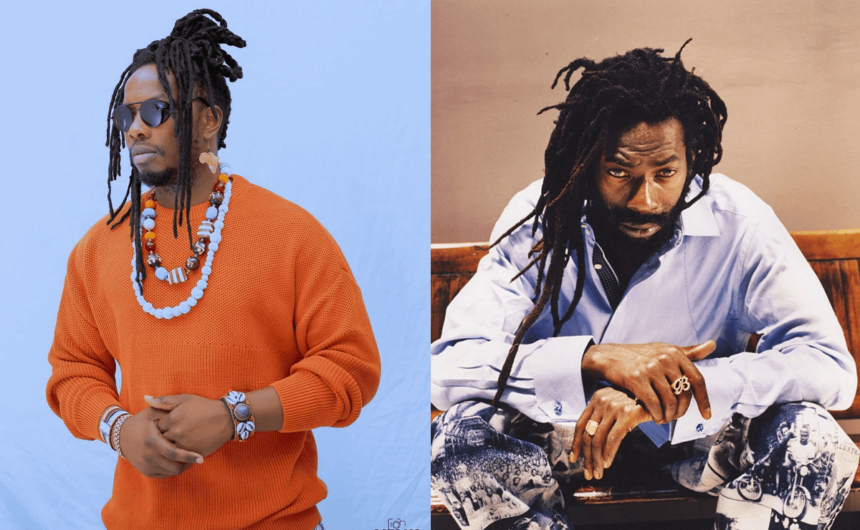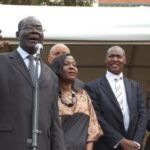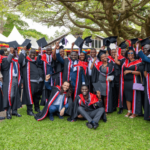This has been revealed after the Jamaican reggae star Buju Banton recently launched his scathing attack on the subject of Afrobeats. In an appearance on the popular US podcast Drink Champs, Banton let slip his dissatisfactions with Afrobeats, accusing the genre of being “superficial.” He said that he did not see any depth or anything touching on pressing socio-political issues being covered by Afrobeats despite the accolades the genre was enjoying.
“When you look at what they’re doing, their music is not freeing Africa. It’s f**kery,” Banton wrote, calling on Afrobeats artists to rise above what he feels are shallow issues and offer more substantive contributions to the African narrative.
Banton’s caustic criticism has quickly reverberated across the music industry, and his critics are not taking things lightly. US-based Ugandan rapper GNL Zamba, known in these parts for his works in the Afrobeats scene, is one of the first to come with a roaring response to Banton’s published piece. A longtime fan of Buju Banton, Zamba took to social media to express his disappointment in him and challenged him over the generality in the artist’s conclusion.
“I love me some Buju Banton… Despite his deep impact on my music taste like any other human he is a man of complexity but contradictions and imperfections,” wrote Zamba, giving a nod to his respect for Banton in acknowledging the flaws of his argument.
Zamba observed that, although sure, Afrobeats is like most musical genres, with a range of lyrical content and themes, a lot of them do, in fact, speak to salient social and political issues. He mentions that two of the songs he believes really have power in their comment on the black experience are “Monsters You Made” by Burna Boy and “Abule” by Patoranking. Zamba takes issue with Banton’s broad-brush approach, noting that it essentially writes off generally nuanced and impactful messages.
This comes after Banton used his response remarks to justify Afrobeats that it had not succeeded in liberating and uniting Africa, responding to Zamba. He said that even though Banton’s relationship with adaptation to the Afro culture was sincere, the criticism to Zamba’s impulses has never had regard to the social values that Afrobeats has brought to lift talents and develop solidarity across the continent.
“I believe Buju’s heart is pure towards Africa, but in the same breath he can’t turn around and downplay the social impact of Afrobeats uplifting talents and teams across the continent just because our Jamaican Afri Carines are jealous of our recent global success,” Zamba stated.
Zamba also told Banton to take an example of musicians like Damian Marley, with whom they did positive collaboration with some of the Afrobeats musicians, which facilitated the cultural exchange and unity rather than division.
The discussion between Zamba and Banton brought about a further concern of the role of artists in bringing cross-sections of people to inspiration to social change. Zamba reiterated a great unifying force in music bringing close the words of legendary Bob Marley who said music will bring people of different cultures and geographical locations, close.
“From Bo Diddley to Buju, freedom is our only hope. It’s still all love more blessings, still a fan,” he concluded emphatically, reaffirming his respect for Banton and standing firm in his defense of Afrobeats.













